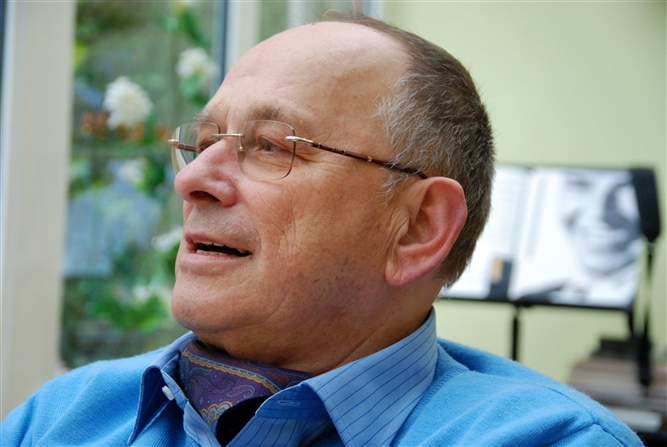- Award date
- May 2014
Dr Domenico Lenarduzzi, was awarded Universitas 21's 2014 Gilbert Medal for Internationalisation. It was presented to Dr Lenarduzzi in a small ceremony in Brussels that year.

Dr Lenarduzzi worked in the European Union executive for over 40 years. He is best known for devising and establishing the Erasmus programme which launched in 1987 and has remained a key strand at the heart of internationalisation in higher education ever since. In its first year the programme sent 3,244 students from 11 countries to study abroad, and during its more than 25-year history it has enabled over two million European students to learn abroad, and hundreds of thousands of lecturers to teach abroad. Today, with the expansion of the Erasmus mobility scheme to work placements, and both EU and non-EU students now able to participate, the programme sends abroad 230,000 students from 33 countries each year.
Erasmus has helped whole generations of students to improve their language competencies, their ability to work with people from other cultures, and their employability. The scheme covers reduced tuition fees and monthly student grants for study or work placements, and new initiatives extend this support to those in greatest financial need. Virtually every university in the European Union now has an internationalisation policy, and it was the pioneering work of Dr Lenarduzzi that encouraged students and staff to think internationally.
On receiving news of the Gilbert Medal, Dr Lenarduzzi said:
I am very much honoured by this award. I was always convinced about the importance of the mobility, and thus the internationalisation, of Higher Education, because I consider that without cross-fertilisation of cultures and habits, there is no universality in Higher Education. When preparing the first big programme of mobility in European Higher Education in the 1980s, we decided to name it ‘Erasmus’ because this famous philosopher was the first to study and teach in different countries of our continent. At that time we had a Europe of free movement of goods and services but no possibility of citizens’ mobility. To make Europeans, we had to have education mobility beginning with Higher education. This was my duty. This was my biggest life challenge.
